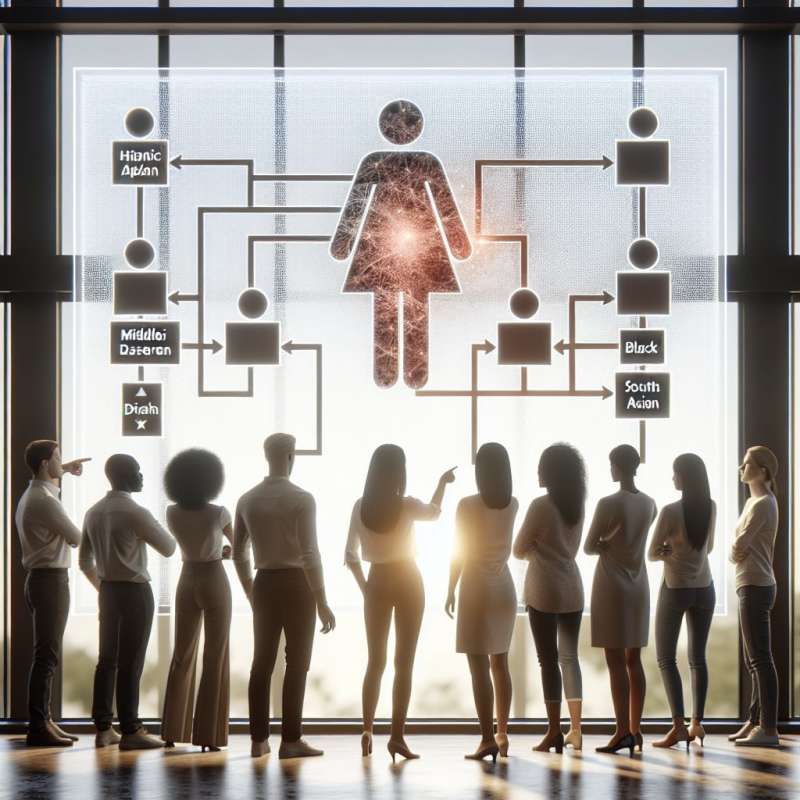
Understanding Unconscious Bias
Unconscious biases are social stereotypes about certain groups of people that individuals form outside their conscious awareness. Everyone holds unconscious beliefs about various social and identity groups, and these biases stem from one's tendency to organize social worlds by categorizing.
Brain's Role in Bias
Our brain processes immense amounts of information. To manage this, it uses shortcuts, which form the basis for unconscious biases. Surprisingly, studies show that even people committed to impartiality can harbor hidden biases.
Types of Unconscious Biases
There are numerous types of biases. 'Affinity bias' leads us to favor those who resemble us. 'Confirmation bias' makes us value information that confirms our beliefs. 'Name bias' influences our judgment of people based on their name's perceived background.
Impacts in the Workplace
Unconscious bias can influence hiring, promotions, and team dynamics. For instance, studies reveal that people with ethnic-sounding names need to send out 50% more job applications than those with traditionally Western names to receive a callback.
Biases in Algorithms
Artificial Intelligence can perpetuate biases. AI learns from data, which reflects historical biases. For example, an image recognition software was found to be 10% less accurate in identifying gender for darker-skinned females compared to lighter-skinned males.
Combating Unconscious Bias
Awareness is the first step. Implicit Association Tests (IAT) can uncover hidden biases. Continuous learning, diversifying experiences, and inclusive policies can mitigate biases. Surprisingly, practicing mindfulness can also reduce biases by fostering a nonjudgmental awareness of thoughts and actions.
Biases Shape Society
Unconscious bias doesn't just affect individuals; it influences societal structures and institutions. For instance, research indicates that identical resumes with different names yield different call-back rates, affecting economic opportunities across demographic groups.
What forms unconscious biases?
Conscious decisions
Categorizing social worlds
Lack of information
Company